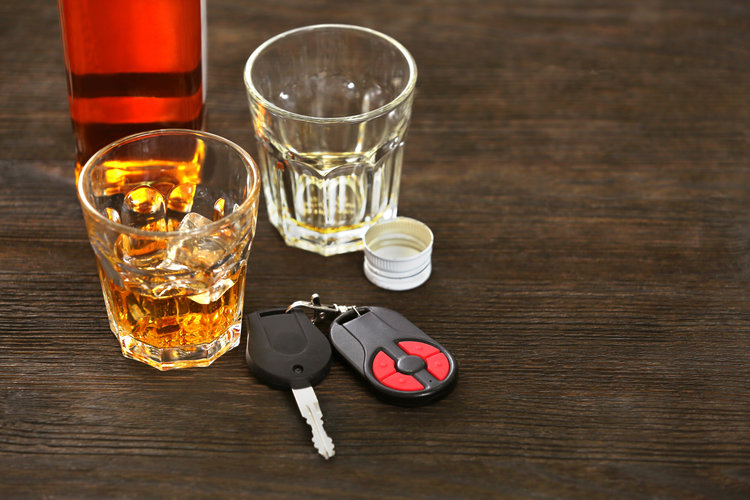
In 2016, nearly 15,000 people died in alcohol-impaired driving crashes. When evaluating a drunk driving case, consider the possibility of a “dram shop claim” if the defendant driver was potentially overserved by a bar or restaurant.
Forty-three states allow a drunk driving victim to hold a bar or restaurant responsible for overserving a drunk driver. When a drunk driver is uninsured or lacks resources to adequately compensate the victim or the victim’s family, a dram shop claim can be the only course of justice for your client.
Every case involving a drunk driving crash should be evaluated for a potential dram shop claim. These steps can be helpful to establishing liability:
· Determine where the drunk driver obtained the alcoholic beverages consumed before the crash. Obtaining the defendant driver’s credit card statements and interviewing witnesses are critical to investigating the driver’s activities prior to the crash. The criminal attorney representing the defendant driver may encourage cooperation as part of the driver’s restitution.
· Confirm the establishment can be held accountable for overserving the driver. A negligence claim may be possible against the server, even in states that do not permit a dram shop claim.
· Establish the driver’s level of intoxication by extrapolating the blood alcohol through obtaining the blood alcohol content result, eye witness testimony or video surveillance at the establishment. When eye witness testimony of intoxication is not available, an expert toxicologist can calculate the drunk driver’s blood alcohol content at the time the alcoholic beverages were purchased. Combining the expert testimony with signs of intoxication at times throughout the night can paint a visual picture of the signs of intoxication.
· Prove the bar or restaurant’s failure to train its staff by obtaining training manuals and deposing managers.
One last tip. Do not immediately settle for the drunk driver’s policy limits. It is critical to keep the driver in the case while you gather more information. Our law firm typically conducts focus groups to determine the impact on both the participant’s distribution of fault as well as the damages of having the drunk driver as a defendant at trial. In a recent case, we conducted focus groups and found that leaving the drunk driver in the cases increased damages assessed for our client and increased the amount of fault placed on the defendant dram shop.
Evaluating a potential dram shop claim can seem burdensome; however, it is a critical avenue for yielding a much better result for a client who has suffered immensely at the hands of a drunk driver. If you have questions about evaluating a potential dram shop claim, reach out to Langdon & Emison at 866-931-2115 or langdonemison.com.


